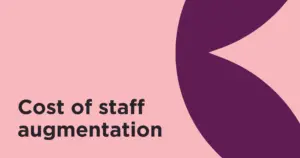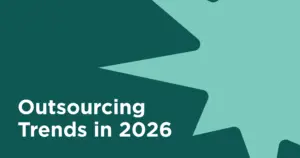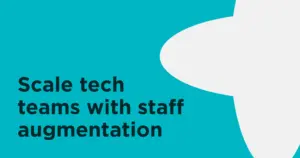In the realm of technological advancements, few innovations have sparked as much interest and debate as ChatGPT. Developed by OpenAI, ChatGPT is a cutting-edge language model designed to understand and generate human-like text based on the input it receives. This technology, belonging to the broader category of artificial intelligence (AI), has various applications, from automating customer service interactions to aiding in content creation. However, as with any disruptive technology, there are concerns about its impact on employment. Could ChatGPT lead to significant layoffs, or does it merely shift the landscape of work?
Let’s delve deeper into what ChatGPT is, its capabilities, and its potential implications for the workforce.
Understanding ChatGPT
ChatGPT stands for “Chat Generative Pre-trained Transformer.” It’s built on the transformer architecture, a deep learning model introduced in 2017, known for its ability to handle large amounts of data and its efficiency in training. ChatGPT has been trained on a diverse range of internet text. As a result, it can perform a variety of language-based tasks, from answering questions to writing essays, engaging in conversation, and even generating creative fiction.
The power of ChatGPT lies in its pre-training, which involves learning patterns and nuances of language from a vast corpus of text. Following this, it undergoes fine-tuning, where it is specialized to perform specific tasks. This dual approach allows ChatGPT to generate responses that are not only relevant but also contextually nuanced. Learn more about the transformer model from this Vaswani et al. paper on arXiv.
Capabilities of ChatGPT
ChatGPT’s capabilities are vast and varied. In customer service, it can handle inquiries, provide information, and resolve issues swiftly, often indistinguishable from human agents. In content creation, writers and marketers use ChatGPT to brainstorm ideas, draft articles, and even create entire novels, which can significantly speed up the creative process.
Furthermore, ChatGPT is also making strides in education and tutoring, providing personalized assistance to students. Its ability to tailor explanations and generate practice problems makes it an invaluable resource in personalized learning. Explore how AI is transforming education in this insightful EdTech Magazine article.
ChatGPT and the Job Market
The advent of technologies like ChatGPT brings about inevitable concerns regarding their impact on employment. The primary worry is that AI could replace human jobs, leading to widespread layoffs. While it’s true that AI can automate certain tasks, particularly those that are repetitive and routine, the reality of its impact on the job market is more complex.
Potential for Job Displacement
There’s no denying that some jobs, especially in customer service and data entry, are at risk due to the efficiencies brought by AI like ChatGPT. Companies always look to increase efficiency and reduce costs, and AI offers an attractive way to achieve these goals. In sectors where the technology can fully or partially automate tasks, some layoffs might be inevitable.
Job Creation and Transformation
However, the narrative that AI will only destroy jobs is overly simplistic. Technologies like ChatGPT also create new job opportunities. For instance, AI specialists, data scientists, and AI maintenance and oversight roles are in high demand. Moreover, as AI takes over more mundane tasks, human workers can shift to roles that require complex decision-making, creativity, and emotional intelligence — areas where AI cannot easily replicate human capabilities.
Additionally, ChatGPT and similar technologies can augment human work, making jobs easier and more productive. For example, a customer service representative could handle more complex customer issues with AI handling routine queries. Similarly, educators can use AI to provide supplemental learning, allowing them to focus more on teaching and less on administrative tasks.
Ethical Considerations
As we integrate technologies like ChatGPT more deeply into our work environments, ethical considerations must be addressed. These include concerns about privacy, as AI systems often process vast amounts of personal data, and the need for transparency in how AI-generated decisions are made.
Moreover, there is the issue of bias. AI systems, including ChatGPT, can perpetuate or even exacerbate biases present in their training data. This requires ongoing efforts to identify and mitigate bias, ensuring that AI applications are fair and equitable. The topic of AI ethics is comprehensively covered in this Harvard Business Review article.
Future Prospects
Looking ahead, the relationship between AI like ChatGPT and the job market will likely be characterized by evolution rather than extinction. As industries adapt to incorporate AI, the nature




